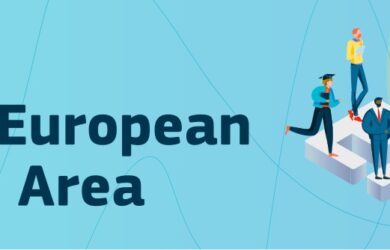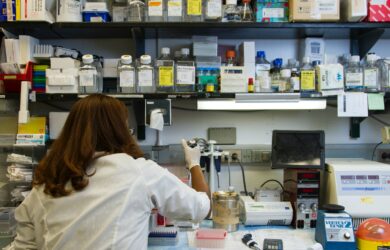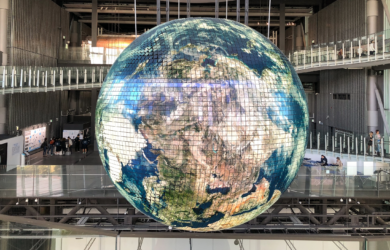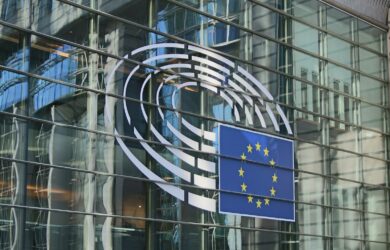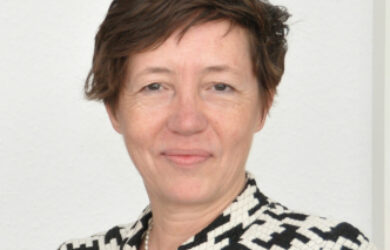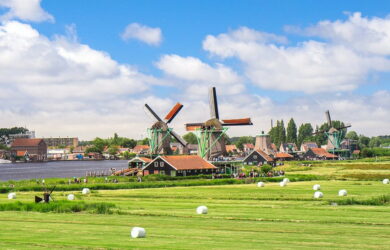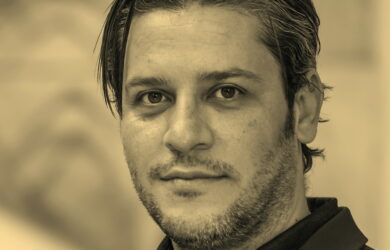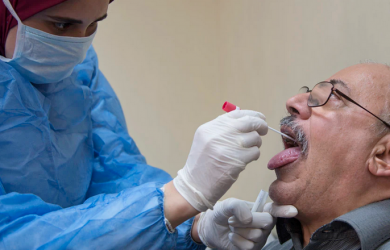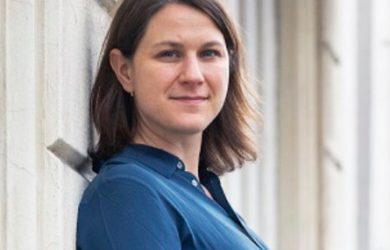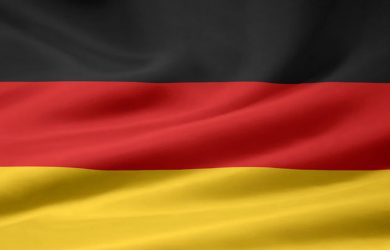- ABOUT US
- RESEARCH
- EDUCATION
- The Graduate School
- PhD Programme
- MSc Programmes
- Capacity Development
- News
- Design and Evaluation of Public Policies (DEPP)
- Design and Evaluation of Innovation Policies (DEIP)
- Evidence-Based Policy Research Methods (EPRM)
- Migration Management Diploma Programme (MMDP)
- Moving the Migration Policy Agenda Forward (MMPAF)
- Online Courses
- Short Courses (Masters)
- Tailor-made programmes
- UNU-MERIT, ITU Academy Training Centre
- Alumni
- Academic Funding
- NEWS
- EVENTS
- PUBLICATIONS
- LIBRARY
New European Research Area Policy Platform includes UNU-MERIT’s research contributions
29 January 2024
Last week, the European Commission launched its European Research Area Policy Platform, aspects of which researchers from UNU-MERIT and Maastricht University worked on as part of a larger consortium. About the European Research Area Launched in 2000, the European Research Area (ERA) aims to create a single European market for research, innovation and technology that fosters the free movement of researchers, scientific knowledge and innovation. The overarching goal is to boost Europ...
Continue Reading →What did Horizon 2020 teach us about funding excellent science?
26 September 2023
Results from a new evaluation study In 2020, the EU’s EUR 80 billion research and innovation funding programme Horizon 2020 came to a close after running since 2014. Now, as its successor Horizon Europe kicks into gear, analyses and learnings from the original programme are being put forth to inform how this next Horizon can put its EUR 95.5 billion to best effect, and how the lessons learned can be used in Horizon Europe’s successor FP10. In this vein, the European Commission recently published...
Continue Reading →South Korea, Switzerland, Denmark: New report ranks global and European countries on innovation
06 July 2023
European Innovation Scoreboard 2023 released today The twenty-second edition of the European Innovation Scoreboard (EIS), which provides a comparative analysis of the research and innovation performance of EU Member States and selected third countries, was published today, 6 July 2023. The EIS presents and compares the relative strengths and weaknesses of countries’ research and innovation systems and helps policymakers assess areas in which they need to concentrate their efforts in ord...
Continue Reading →A peek into how European innovation is progressing – and being monitored
08 May 2023
A Q&A with innovation and technology policy expert Hugo Hollanders Few are better suited to discuss innovation policy at the pan-European level than Hugo Hollanders, Senior Researcher at UNU-MERIT and acting unit head of its Economics of Innovation and Technology Unit. For almost 25 years, Hollanders has been working with the European Commission (EC) on projects and reports as well as serving generally as a go-to expert on technology and innovation developments across the European Uni...
Continue Reading →Time for the wind to change: One-on-one with Franziska Gassmann
17 March 2021
Franziska Gassmann hails from Switzerland but has lived in the Netherlands for thirty years and is allowed to vote in both countries. She enjoys the Dutch political debates, but is mystified by the Participation Act or the Dutch version of referendums, among other things. “In Switzerland, referendums are our life, so to speak! And if you don’t vote, you don’t get to complain.” Research into the low end of the socioeconomic spectrum “My research is about the low end of the socioeconomic spe...
Continue Reading →Is COVID-19 shifting attitudes towards sustainability? A case study from Amsterdam
27 November 2020
On 17 March 2020, the Mayor of Amsterdam announced new measures to contain the coronavirus, including the closure of schools, restaurants, and cultural venues. In July 2020, researchers from the Migration, Transformation and Sustainability (MISTY) project sent an online survey to members of the Amsterdam City Research Panel asking them what impact the coronavirus crisis was having on their lives, set against the broader backdrop of sustainability (understood here in terms of social, economic, an...
Continue Reading →Mygration Story: A new home in a new land
23 September 2020
I was eight years old when I learned that ‘we’ are guests in Syria, the country where I spent 34 years of my life before I moved to Europe and became a recognised citizen of the Netherlands. The story traces back to the year 1948, when both my grandparents were forcibly eradicated from their home in Wadi Salib, a neighbourhood in the heart of Haifa city in Palestine, my country of origin. At the time, my grandparents, like other Palestinians, were told that it was a temporary situation, and that...
Continue Reading →Stopping coronavirus – what does the evidence say are the best measures?
23 March 2020
A joint post by Claudia Abreu Lopes and Sanae Okamoto The new coronavirus disease (COVID-19) has been spreading rapidly but at a different rate in different countries. A variety of emergency responses and policy strategies have been implemented with varying outcomes so far. The Asian countries and territories that were first hit by the outbreak have built on responses to previous epidemics such as SARS. Other countries are learning from this but also adopting their own strategies. It’s possible...
Continue Reading →Giving money is not done, offering help is: Dilemmas of scientific integrity
13 March 2020
You want to interview refugees and migrants on their journey, but they must – as is good scientific practice – first give permission and sign a form. Many refugees however, will never put their signature on anything. How do you deal with that? Also, what if a participant asks for money? Can you always refuse? Dr. Katie Kuschminder travelled to Italy to carry out research by moving among the many migrants from Africa and the Middle East. The Canadian wanted to know why they had braved the crossin...
Continue Reading →Empowering people with disabilities: Lessons from the German labour market
21 November 2019
After having experienced great excitement working on my Masters’ thesis, I felt a strong drive to work in research afterward, which made me choose to do a PhD. Becoming somewhat of an expert in a topic is certainly challenging, but at the same time very rewarding way to spend your time. I very much enjoy working in the academic environment and the freedom and challenges that come with working on different research projects. I chose to come back to Maastricht to work on the PhD because of the pos...
Continue Reading →Archives
Contact
UNU-MERIT
Boschstraat 24
6211 AX Maastricht
The Netherlands
T: +31 43 388 44 00
Email: info@merit.unu.edu
Boschstraat 24
6211 AX Maastricht
The Netherlands
T: +31 43 388 44 00
Email: info@merit.unu.edu
Partner sites
Newsletters
© 2024 UNU-MERIT | Maastricht University


